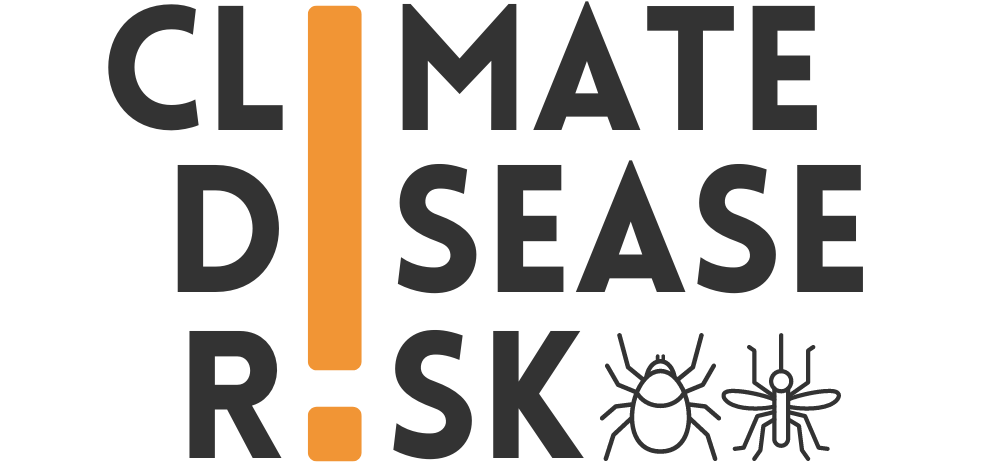ClimateDiseaseRisk
The ClimateDiseaseRisk project aims to analyze the risks associated with the spread of disease-carrying arthropods such as the Asian tiger mosquito and the Hyalomma tick in the context of climate change.
One major focus is the development of risk maps (habitat suitability) to identify areas where Asian tiger mosquitoes can potentially survive the winter. These mosquitoes are known vectors of diseases like Zika and Dengue. The maps are created using literature data, climate records, habitat parameters, and current distribution data from a monitoring program and the citizen science initiative MosquitoAlert.com. The goal is to enable targeted preventive measures in regions likely to be affected in the future. To ensure practical relevance, the project team has been in active dialogue with the public health department of the City of Graz.
Another key component is the development of a smartphone app focused on ticks. This app collects reports on potentially new tick species—such as Hyalomma—and raises awareness about tick activity. The data is integrated with bird migration patterns and information on wild and domestic animals to better assess the risk of emerging tick species and their pathogens. The project takes an interdisciplinary approach, collaborating closely with both scientific and non-scientific partners.

